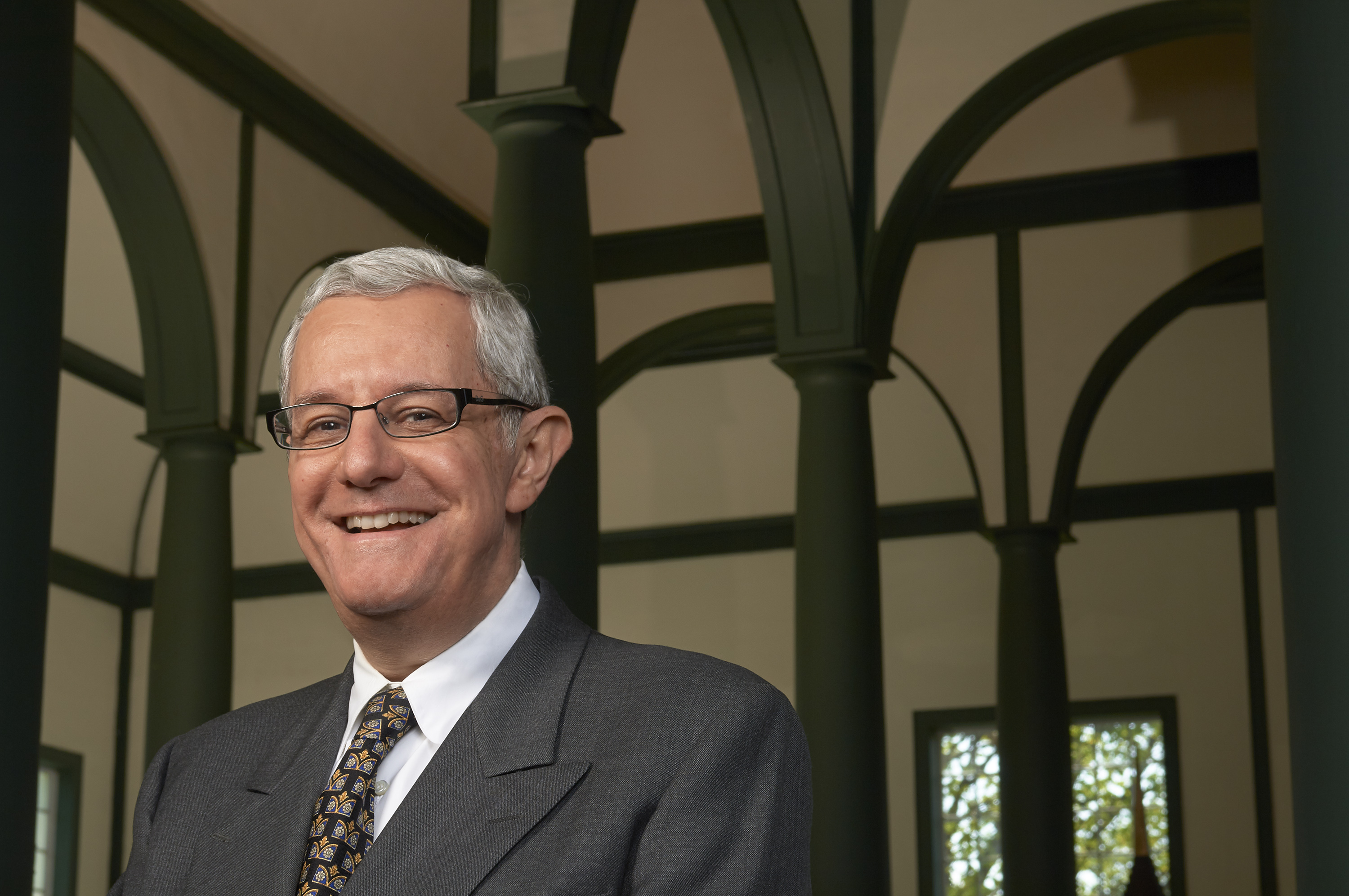by Stephen Cera

Felix Mendelssohn (1809 – 1847)
Music has been called “the only cheap and unpunished rapture on earth” — but for those who don’t respond to music there is little or no use.
For others, it’s next to impossible to imagine life without it. Music produces rapture for sure, but also fills a need in the psyche. That need manifests itself soon after birth when a restless infant settles itself to the strains of a lullaby.
Historically, creating music meant fanning out beyond the basics of existence into a previously unknown dimension. The power of music lightened the burdens of life, changing people’s moods (…usually for the better.) It made folks forget their troubles, likely even before the first wine was fermented.
Music became a language that could be mutually understood among people who might not understand one another in speaking or writing.
Later on, the invention of the piano provided a standing concert instrument that combined expressiveness and resonance. It became the standard entertainment device in middle-class European and North American homes. Nearly everyone seemed to play, sing, dance or listen, which gave rise to increased speculation as to what the phenomenon really meant.
Nineteenth Century German philosophers attached considerable significance to it. Schopenhauer described music as the one art that worked on the feelings directly, not through the medium of thought.
Nietzsche, a talented composer himself (some of his songs were recorded by Dietrich Fischer-Dieskau, who wrote a book about the relationship between Nietzsche and Wagner) considered art as a defense against pessimism. He viewed music as one aspect of fantasy, and as a restorative force.
In the Twentieth Century, Aaron Copland called music “… a language without a dictionary whose symbols are interpreted by the listener according to some unspoken Esperanto of the emotions.”
That concept finds echoes in the notion of musical “genius.” It’s a mysterious gift… music prodigies master the complexities of their art before other kids have learned the alphabet. They demonstrate their talents with staggering precociousness: Mendelssohn by composing his miraculous Octet at age 16, Schubert by writing his song “Gretchen am Spinnrade” (“Gretchen at the Spinning Wheel”) at age 17.
Music has stirred men in war, but it more often addresses those gentle feelings people recognize when they are at peace with themselves and the world.
Why listen to music? Because we need it. As Nietzsche said, “Without music, life would be a mistake.”


